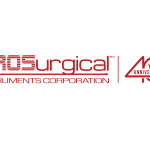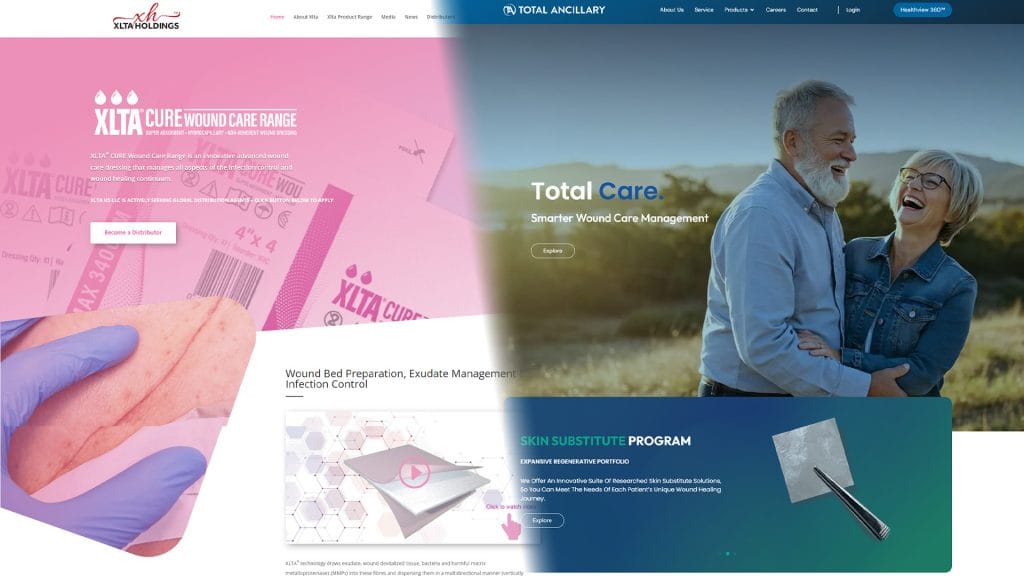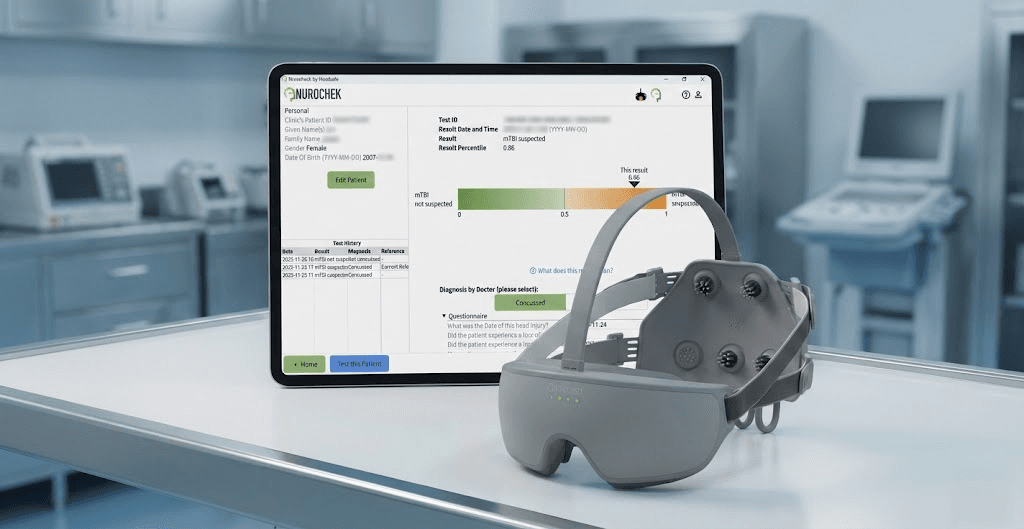From Diagnosis to Treatment: How AI Algorithms are Streamlining Patient Care


The advent of AI in medtech has precipitated a seismic shift across various domains, with medical technology companies leading the way in this transformation. Visionaries such as Emad Mostaque, Raoul Pal, and Tom Bilyeu believe that AI has the potential to revolutionize healthcare.
This article explores how AI in patient care is transforming the diagnosis and treatment process in healthcare, offering new opportunities for both patient care and artificial intelligence healthcare solution companies.
Radiology: A New Era of Speed and Accuracy
Radiology is undergoing a transformative period. Stanford University’s groundbreaking study from 2017 exemplifies this transformation. Their AI algorithm, CheXNet, trained on over 100,000 chest X-rays, demonstrated remarkable proficiency.
In a comparative test, CheXNet diagnosed pneumonia faster than seasoned radiologists and showcased enhanced accuracy. Such advancements are not only about improving efficiency but also optimizing patient outcomes, ensuring patients get timely and precise care.
Personalized Oncology Care: Tailored Treatments
Cancer treatment is complex, often requiring a multi-faceted approach. IBM’s Watson brings the might of AI into this challenge. Watson can recommend personalized treatment strategies by analyzing a patient’s genetic data in conjunction with vast clinical datasets.
It doesn’t stop there. Watson can highlight potential clinical trials, providing opportunities previously overlooked or unknown. Such AI-driven platforms by healthcare AI companies offer a wider spectrum of treatment possibilities, optimizing patient outcomes.
AI Predictive Power: Anticipating Health Challenges
Imagine a world where doctors could predict potential health issues before they become life-threatening. Healthcare AI companies like Tempus, a leader in the future of AI in patient care, are turning this into a reality. Tempus provides doctors with real-time, actionable insights by merging clinical and molecular data. The potential to diagnose health issues early opens doors for preventative care, moving medicine from reactive to proactive care.
Ethics in the AI Era: Balancing Progress and Principles
The AI revolution in MedTech is not without hurdles. As AI-driven diagnostic tools become ubiquitous, they bring many ethical dilemmas. The questions of data privacy, potential biases in algorithms, and the very essence of decision-making in healthcare are at the forefront.
The Future Landscape of AI in Patient Care: Collaborative Growth
When discussing the future of AI in patient care, one can’t help but envision a landscape where human expertise is augmented, not replaced, by AI. This collaborative approach is already taking form in several key areas:
- Surgical Robotics: One of the most mesmerizing intersections of Artificial intelligence and medical technology companies is in the field of surgical robots. These aren’t just machines controlled by human hands. For instance, the da Vinci Surgical System leverages the future of AI to offer surgeons enhanced stability and precision. Its capabilities ensure that surgeries are minimally invasive, promoting faster patient recovery.
- Virtual Health Assistants: The communication between patients and medical practitioners is crucial in the diagnosis and treatment process. Here, AI-driven virtual assistants, like the ones developed by healthcare AI companies like Nuance Communications, offer patients guidance on post-treatment care, medication adherence, and even symptom checks, all while reducing the administrative burden on healthcare professionals.
- Predictive Analytics in Intensive Care: ICU patients require meticulous care. AI-driven predictive systems, like Google’s DeepMind, are being developed to analyze vast datasets from ICU patients to anticipate potential complications or deterioration. Such systems aid medical professionals by providing early warning signals, optimizing patient outcomes, and facilitating timely interventions.
- Personalized Treatment Plans: Beyond oncology, AI can analyze patients’ genetic, lifestyle, and clinical data to craft personalized treatment strategies. This hyper-personalized approach can optimize outcomes and reduce potential side effects, showing the importance of AI in medtech.
- Medical Research and Drug Development: AI algorithms can sift through extensive research data at speeds incomprehensible to humans. In drug development, AI can predict how different compounds can interact, potentially speeding up drug discovery and making it more cost-effective.
These advancements underscore a symbiotic evolution where medical professionals, equipped with AI-driven tools, can provide enhanced care. They exemplify a future where AI in patient care is a force multiplier, refining processes and optimizing outcomes.
Here’s our recommendation on what MedTech executives can do today to leverage the AI revolution and gear up to harness the full spectrum of opportunities that AI offers:
- Invest in Education and Training
- Forge Strategic Partnerships
- Prioritize Ethical Governance
- Embrace a Patient-Centric Approach
- Invest in Secure Data Infrastructure
- Foster a Culture of Innovation
- Engage in Policy Advocacy
This richer panorama of AI’s integration into MedTech ensures a future of healthcare that’s more efficient and more human-centric. The technology promises to handle the complexities, allowing healthcare professionals to focus on what truly matters – the well-being of their patients.
The prudent and proactive steps taken today by MedTech executives will lay the foundation for successfully navigating the AI revolution, ensuring enhanced patient care and organizational readiness to embrace AI’s transformative potential in healthcare.













